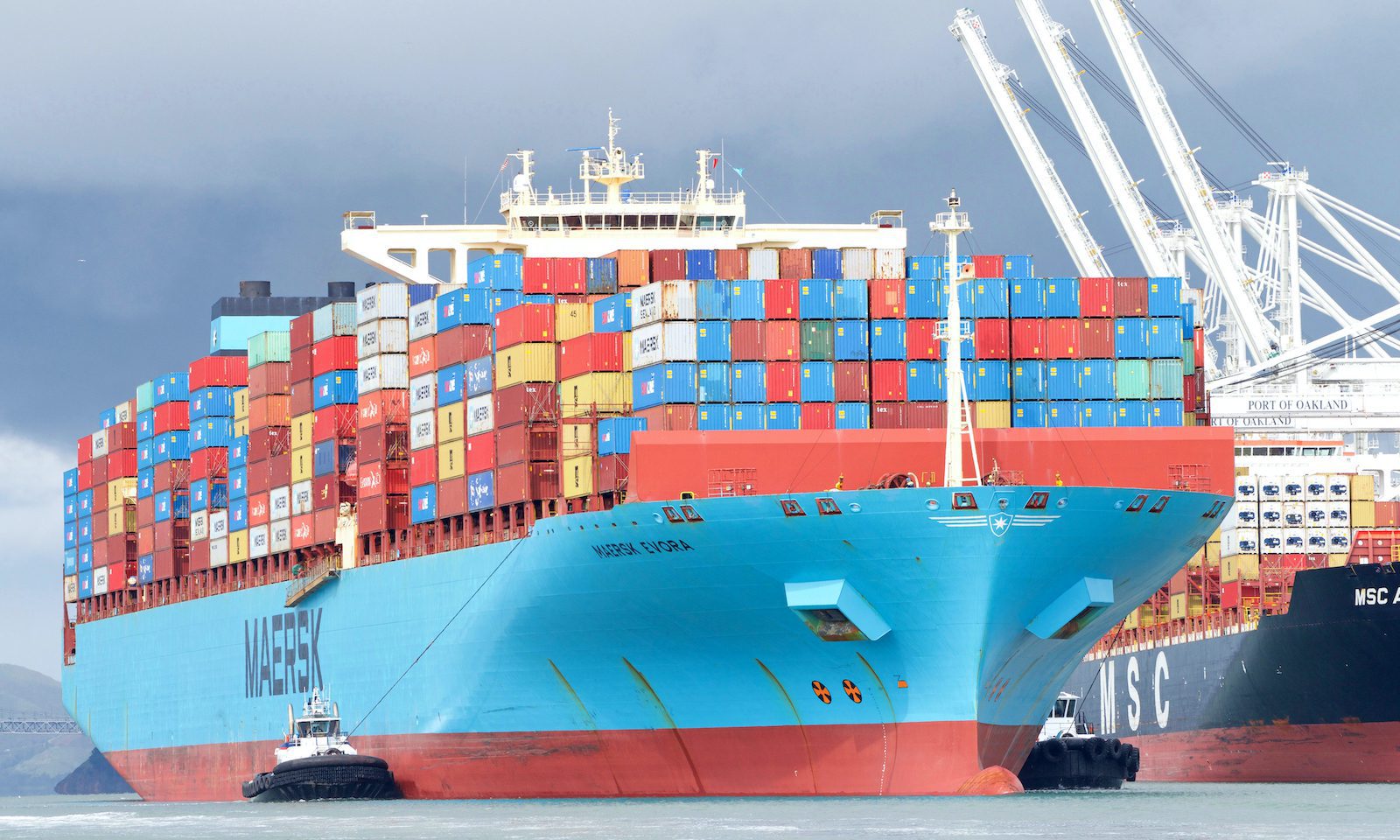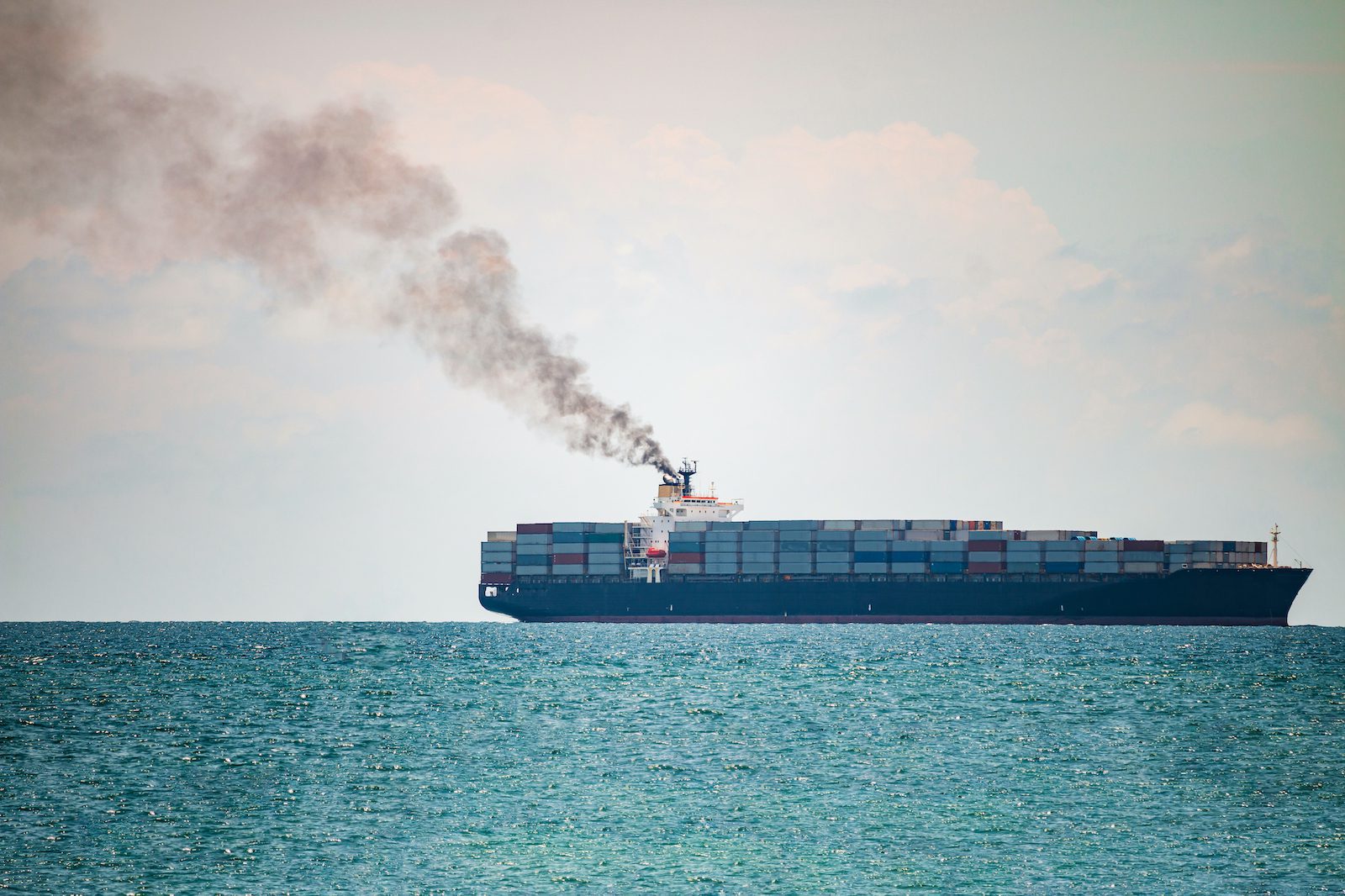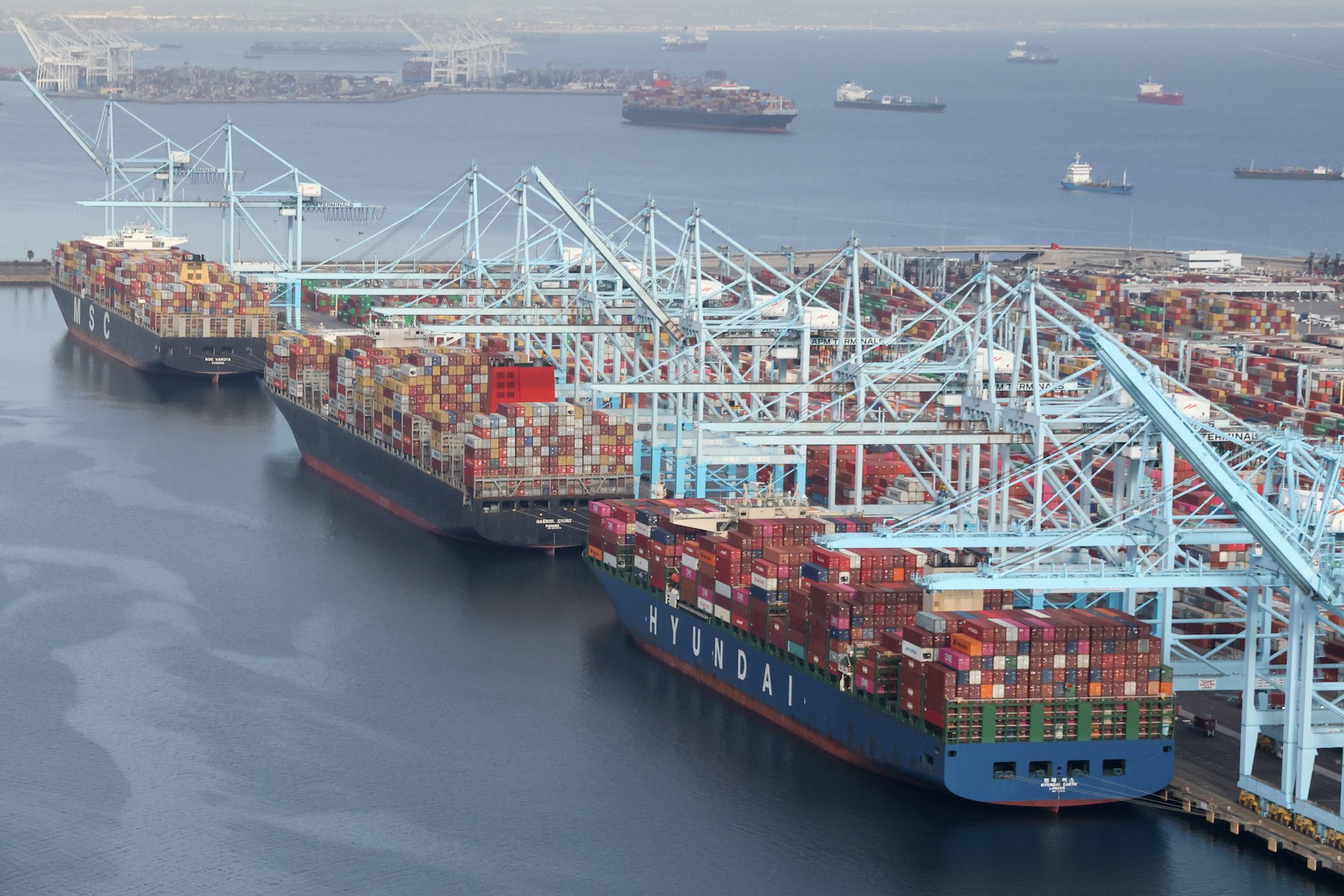Updated: October 5, 2023 (Originally published August 24, 2023)
California Governor Urged to Address Safety and Viability Issues in Proposed CHC Rule Amendments
In a plea to California Governor Gavin Newsom, Jennifer A. Carpenter, President & CEO of the American Waterways Operators (AWO), has expressed deep concern over amendments to the Commercial Harbor Craft (CHC) rule put forth by the California Air Resources Board (CARB).
The amendments, which were approved by CARB in March 2022, aim to reduce emissions from harbor craft that operate near California’s coast for the benefit of public health in nearby communities.
The AWO, a leading trade association for the U.S. tugboat, towboat, and barge industry, strongly opposes the amendments, citing imminent safety risks to mariners and the viability of maritime operations.
The Commercial Harbor Craft (CHC) regulation, originally adopted in 2008 and later amended in 2010, accelerated the move to cleaner Tier 2 and 3 engines for certain vessel types and has been effective in reducing air pollutants, such as diesel particulate matter (DPM), fine particulate matter, nitrogen oxides (NOx) and sulfur oxides (SOx). The amendments adopted by CARB last year, which will be phased in starting this year through the end of 2032, will expand the regulation to more vessel types, such as tugboats and ferries, and require vessels to upgrade to cleaner combustion Tier 3 and 4 engines, use zero-emission options where feasible, and require the the use of Diesel Particulate Filters (DPFs).
Opinion: Californians Can’t Afford Unachievable Maritime Mandates
In a letter addressed to Governor Newsom, Carpenter outlined the potential hazards posed by the amendments. “The risk to mariner safety posed by these amendments is of paramount concern,” Carpenter stated. She went on to emphasize that the safety of mariners must be the highest priority in any regulation concerning vessel equipment or operations.
The maritime industry plays a vital role in the U.S. economy and supply chain. Its contributions are particularly significant in California, where waterborne commerce and maritime transportation are crucial components of the state’s economic activity. However, CARB’s proposed amendments have raised red flags within the industry due to concerns over the safety and feasibility of implementing certain emissions-reducing technologies that are not available or deemed safe.
Of particular concern are the requirements for vessel owners to install unapproved DPFs on tugboats. These DPFs, despite being used in the trucking industry, have been associated with serious fire risks. Carpenter highlighted this issue in her letter, noting, “The installation of DPFs in the trucking industry has led to horrific truck fires. A fire on a towing vessel would endanger even more lives.”
Carpenter further pointed out that the U.S. Coast Guard had raised similar safety concerns regarding the proposed amendments before they were adopted. In 2021, the U.S. Coast Guard sent a letter to CARB to inform them of the agency’s concerns and urge them to consider certain issues in the final version of the rule, such as the feasibility of vessels being able to repower to a Tier 4 engine and use of DPFs. “While repowers and retrofits are common practices within the maritime community, these are substantial undertaking and require a variety of stakeholders to ensure it is done safely,” the letter states.
Despite these concerns, CARB seemed to prioritize short-term air emissions reductions over the long-term safety and well-being of mariners, according to the AWO. The adoption of the amendments has prompted the AWO, along with other stakeholders, to support AB 1087 (Grayson), a bill aimed at addressing safety concerns held by the Coast Guard and industry. However, the AWO contends that the merits of the bill have not been given a fair assessment, despite there being no formal opposition.
“We urge you to prioritize protecting the lives of mariners by withdrawing CARB’s request to the U.S. Environmental Protection Agency for authorization of amendments to its Commercial Harbor Craft rule and instructing CARB to engage with stakeholders to fix the deficiencies in the rule,” Carpenter urged Governor Newsom.
The AWO’s stance emphasizes that while the industry is committed to sustainable practices, it will not compromise mariner safety or the viability of maritime operations. The letter concludes with a plea to prioritize mariner safety and reconsider the proposed amendments in order to safeguard both human lives and the environment.
As this issue unfolds, the maritime industry and environmental stakeholders are watching closely to see how Governor Newsom and CARB respond to the concerns raised by the American Waterways Operators.
You can read AWO’s letter here.
Editorial Standards · Corrections · About gCaptain

 Join The Club
Join The Club










